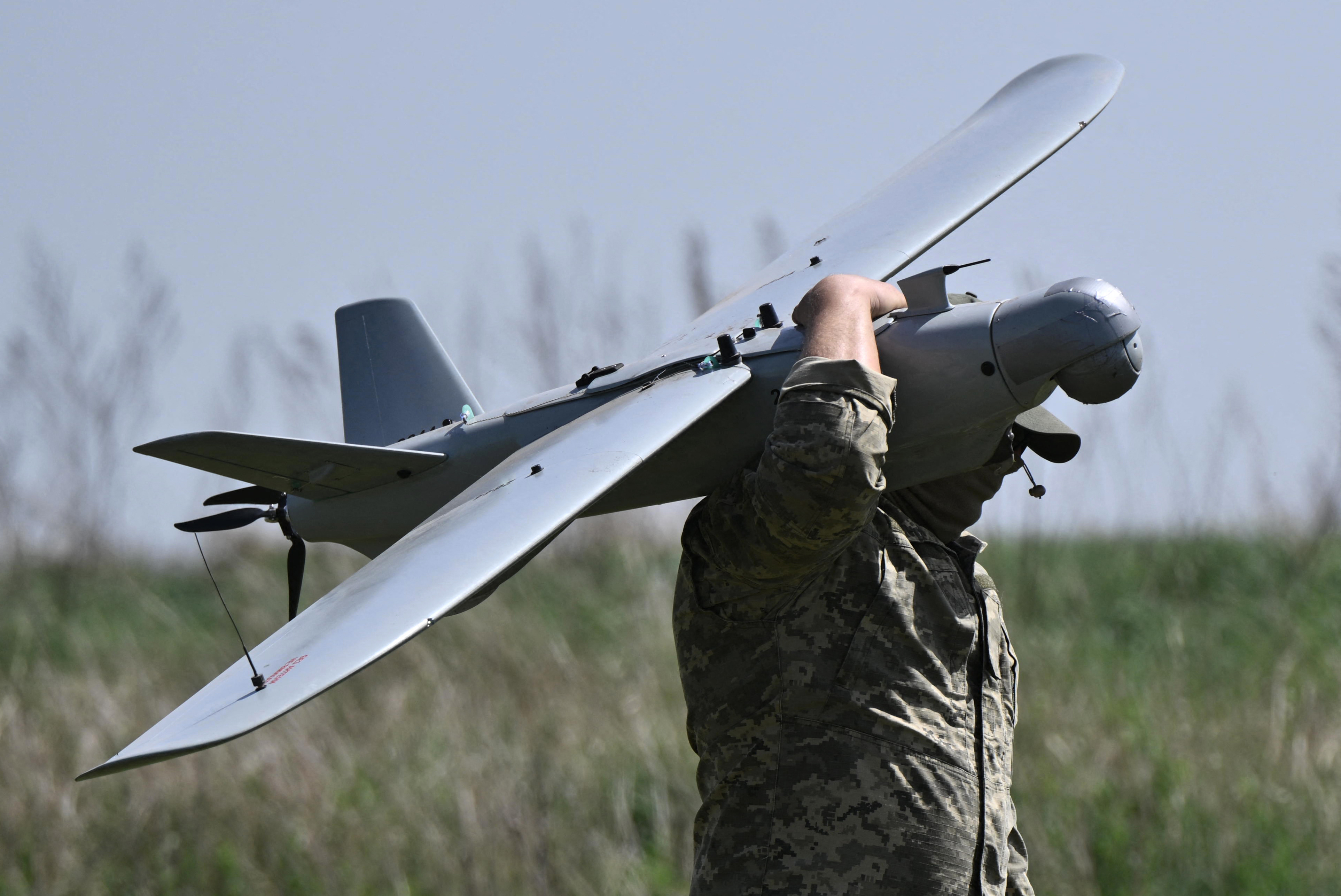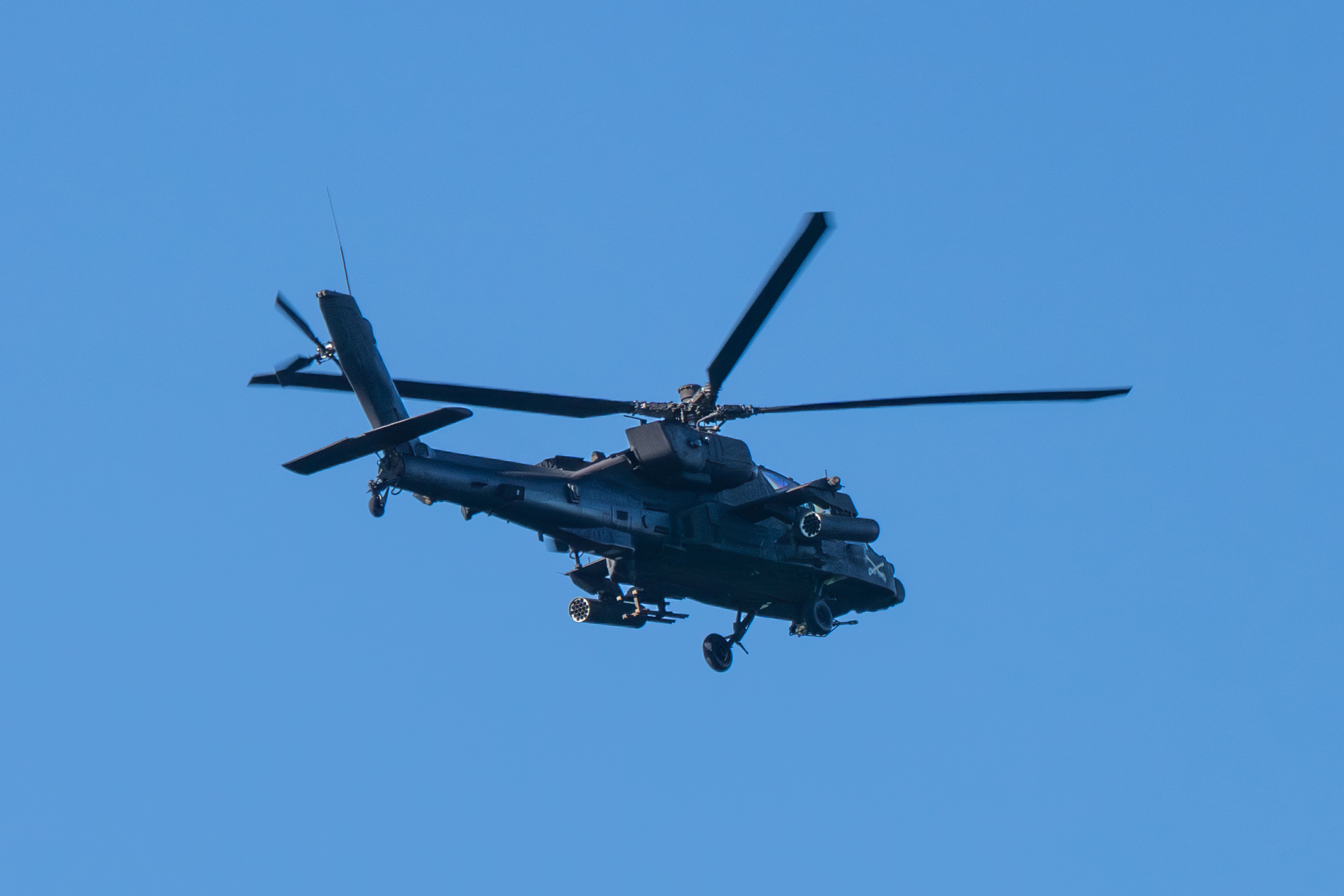Russian officials are upset that United States visas haven't been issued to Russian reporters amid ongoing efforts by the U.S. to push for the release of Evan Gershkovich, a journalist with The Wall Street Journal who was detained by Russia's Federal Security Service (FSB) at the end of March over espionage allegations.
Some Russian journalists were set to attend the United Nations Security Council meeting in New York City on Monday, along with Russian Foreign Minister Sergey Lavrov, but their entry visas were not issued. The reporters reached the airport and had only 40 minutes left before their flight departed to New York City only to find that the American embassy still hadn't issued the visas, according to Maria Zakharova, the spokesperson for the Russian Foreign Ministry.
"On the question of the true attitude of the United States towards journalists. It's 40 minutes before their flight to New York. They are all at the airport. Visas not issued. The answer from the American embassy: 'we are working on it,'" Zakharova wrote on her Telegram account on Sunday. "The manipulation of freedom of speech and the [infringement] on rights of journalists is obvious."
The Russian journalists were supposed to report on the work of the Russian representatives to the UN Security Council, according to Russian news agency TASS, which reported that Lavrov criticized the U.S. for denying the visas.

"Naturally, I was aware that our American colleagues are known for doing such things but was sure that this time, taking into account the attention drawn to their disgraceful behavior, the situation would be different," Lavrov said on Sunday before leaving for New York City, according to TASS. "But I was wrong. The country, which calls itself the strongest, the smartest, the freest and the most fair, has lost the nerve and made, I am sure, a silly thing demonstrating what it's vows about the freedom of speech, access to information, etc. are really worth."
The reasons behind not issuing the entry visas were not revealed, but it comes during a time of ongoing tensions between Russia and the U.S. over Russian President Vladimir Putin's war in Ukraine, which began last February. Tension between both countries increased when Russia arrested Gershkovich who the U.S. State Department said was being "wrongfully detained," which means that the U.S. believes he was mainly targeted because he's an American citizen.
Gershkovich was arrested on March 29 in the city of Yekaterinburg on spying allegations. The FSB launched a felony espionage case against him, in which he could be sentenced to up to 20 years in jail if convicted. The U.S. and The Wall Street Journal have denied the espionage accusation and called for his immediate release.
Sergei Ryabkov, Russia's deputy foreign minister, told reporters earlier this month that Russia was considering granting U.S. diplomats consular access to Gershkovich, but warned that Moscow will not take "pressure" from the U.S.
"We will not tolerate any attempts to pressure us, and it has no significance what status they assign to this person in Washington. We will act in accordance with our own internal needs, norms and laws that apply in this situation and nothing more," Ryabkov said at the time, according to TASS.
Ryabkov's remarks came shortly after State Department deputy spokesperson Vedant Patel said Russia hasn't granted U.S. consular officials access to the journalist since he was detained.
"At this point it is a violation of Russia's obligations under our consular convention and a violation against international law," Patel said, referring to a treaty adopted by the U.S. and the Soviet Union in 1964. The treaty states that a consular officer should be granted access to a detained or arrested citizen "in prison, custody or detention, to converse and correspond with him and to arrange for his legal representation."
Newsweek reached out by email to the U.S. embassy in Russia and the Department of Homeland Security for comment.
Uncommon Knowledge
Newsweek is committed to challenging conventional wisdom and finding connections in the search for common ground.
Newsweek is committed to challenging conventional wisdom and finding connections in the search for common ground.
About the writer
Fatma Khaled is a Newsweek weekend reporter based in New York City. Her focus is reporting on U.S. politics, world ... Read more
To read how Newsweek uses AI as a newsroom tool, Click here.






